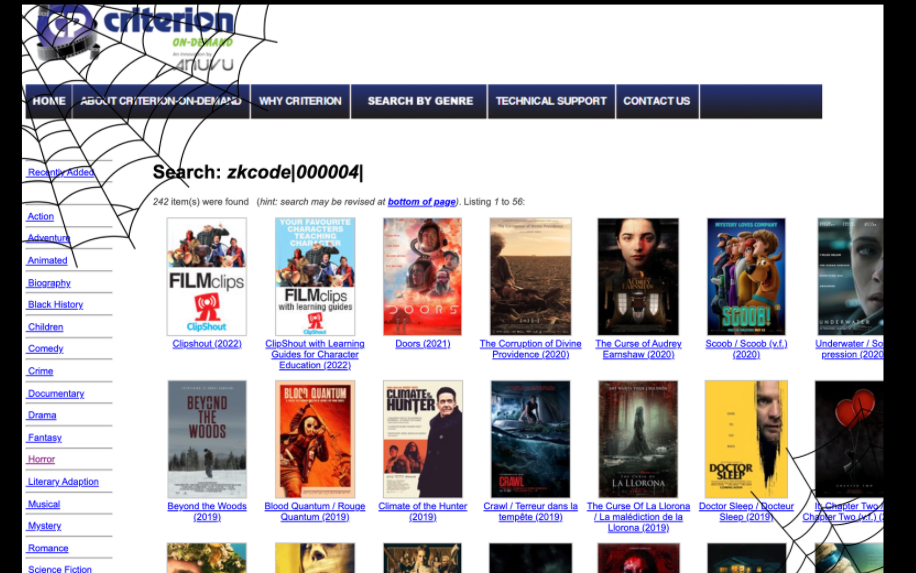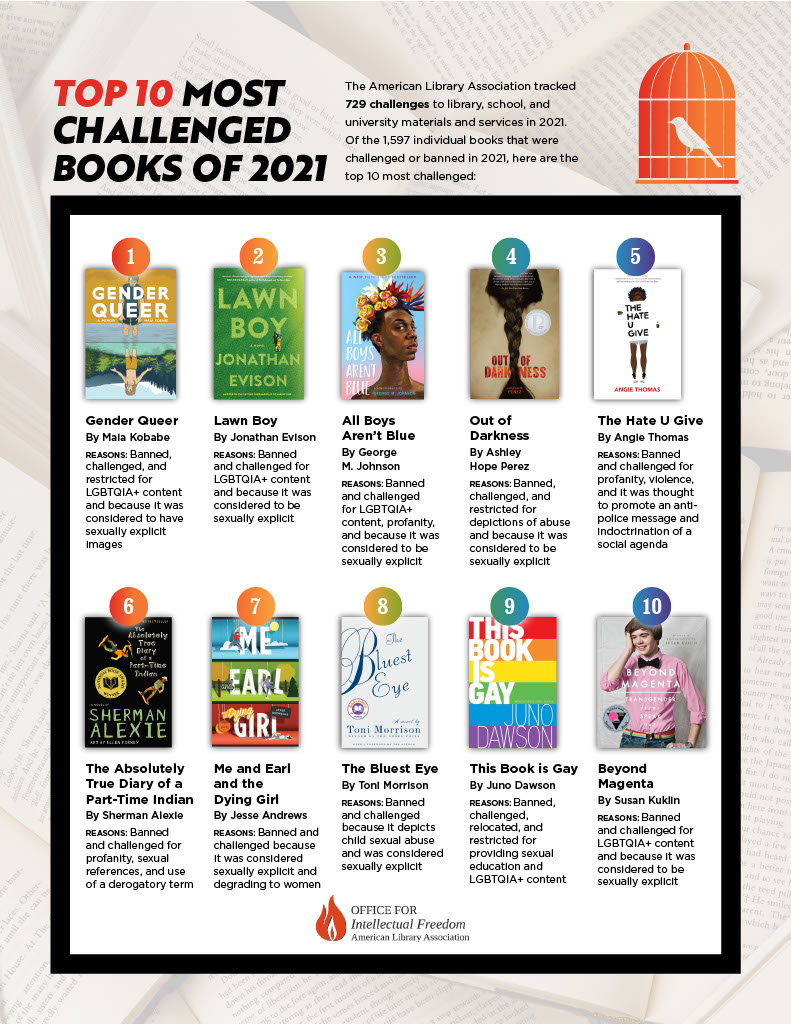It’s that time of year again! The ghosts are boo-ing, the zombies are asking for “bRaiiNS” and midterms seem much scarier now that they are back in person. But we’ve got your back through all of this. Featured in this post are some of the Top Horror Titles from our collections, and our favourite streaming content! Scroll through it all if you dare *spooky noises**ghost emoji*
Some Scary Reading Stuff
House of Leaves by Mark Z. Danielewski
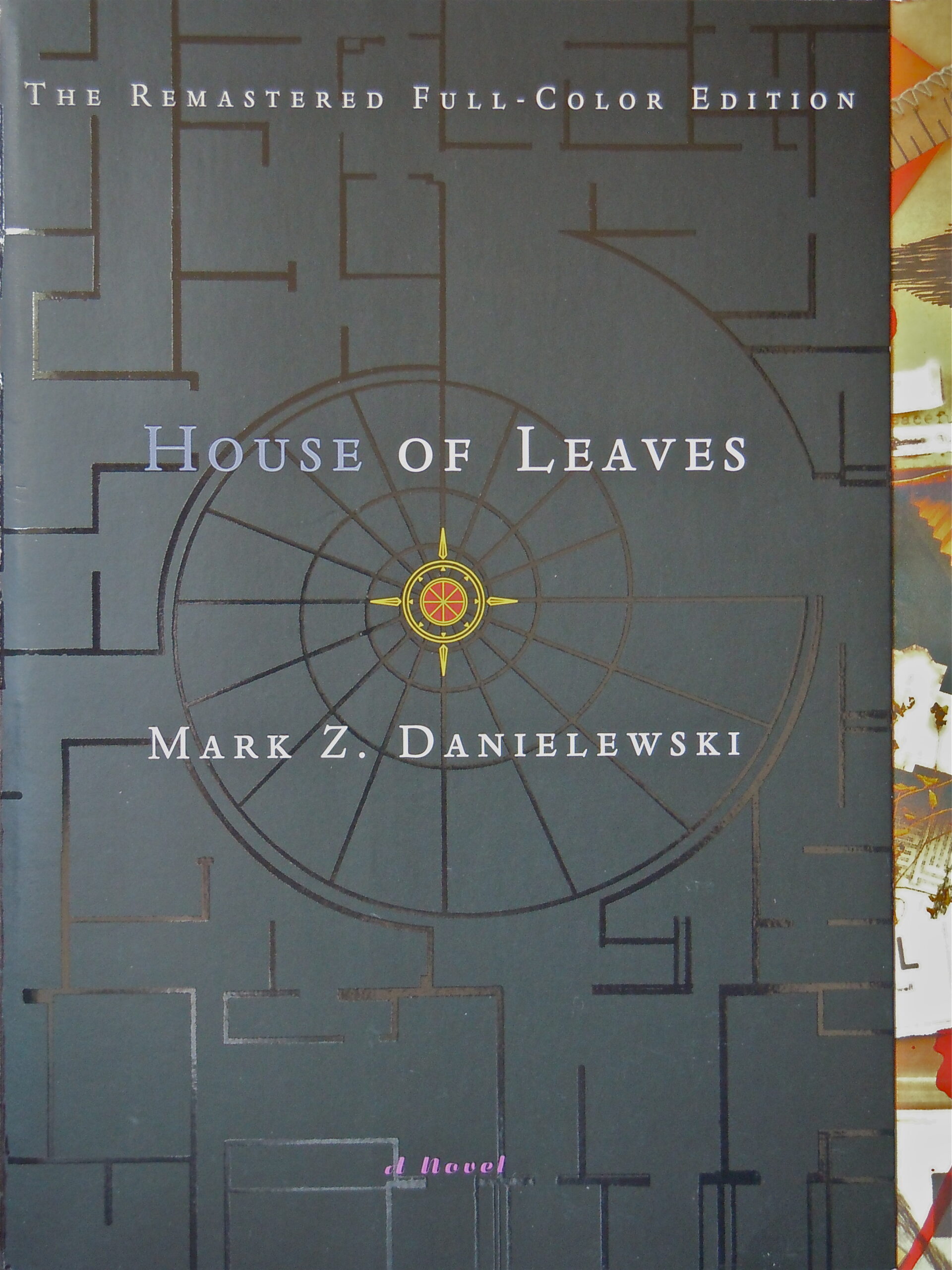
Perhaps one of the most frightening books ever written and it’s in our collection! Based on a classic but effective premise (house small on the outside but dizzyingly huge and spooky on the inside), this book will make you feel like you’re in an escape room adventure- and it’s a not supremely pleasant one. But that’s what this season’s about, eh?
space
Rosemary’s Baby by Ira Levin
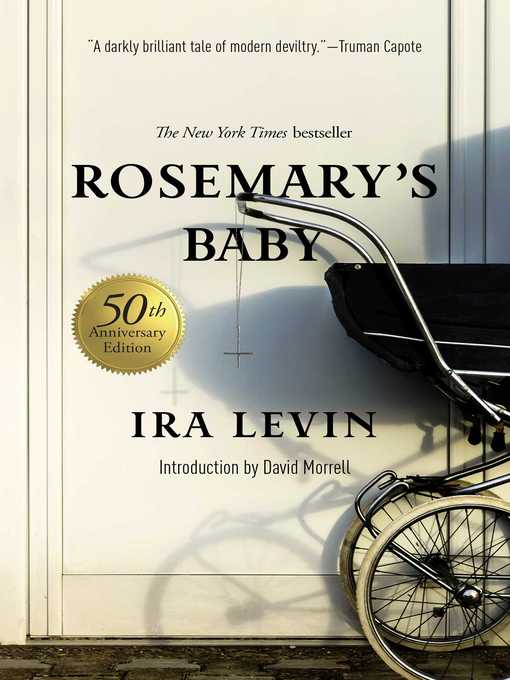
Yes, the movie was great, it was amazing, and it was chilling. But. The. Book. Is. Always. Better! If you’ve loved this plot of a terrified mother facing paranoia as a film, we should tell you the book is better- or worse? You get it. Even though its main twist is known to many, we assure you, the book will still keep you awake at night.
space
The Haunting of Hill House by Shirley Jackson
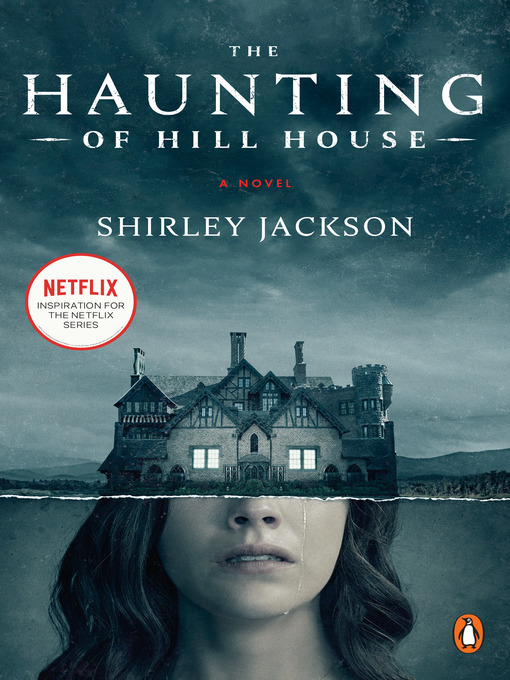
If you haven’t read Jackson, can you even call yourself a horror fanatic? (And King too, but you’ll see him in a sec!). You’ve read and streamed plenty of Haunted House titles, but we assure you, no one does it like Jackson. She perfects the Haunted House trope, we’re not just talking jump scares, we’re talking unreliable narrator that will make you want to reach for the lights, but also hide under the covers. Read it if you dare!
space
Lord of the Flies by William Golding
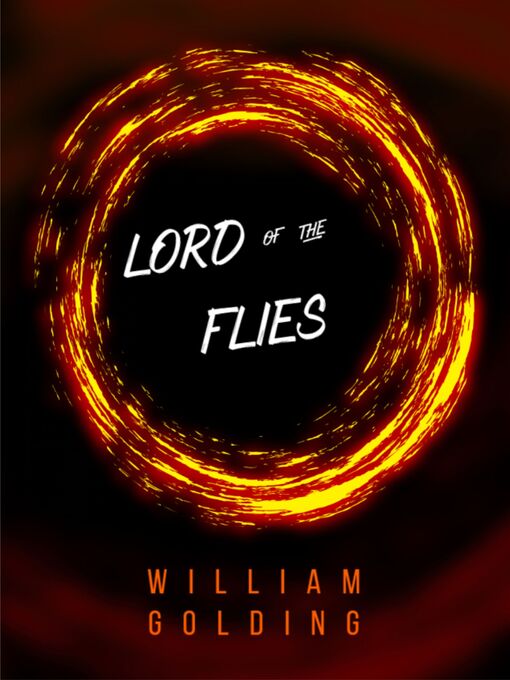
Do you know what’s even more horrifying than supernatural beings defying natural laws and rendering everything possible? The answer is insufficiently socialised human beings stuck in a race for survival, or as Golding portrays it; a group of children stranded on an island without supplies or adult supervision. This is no Home Alone, this is pure savagery.
space
Pet Sematary by Stephen King
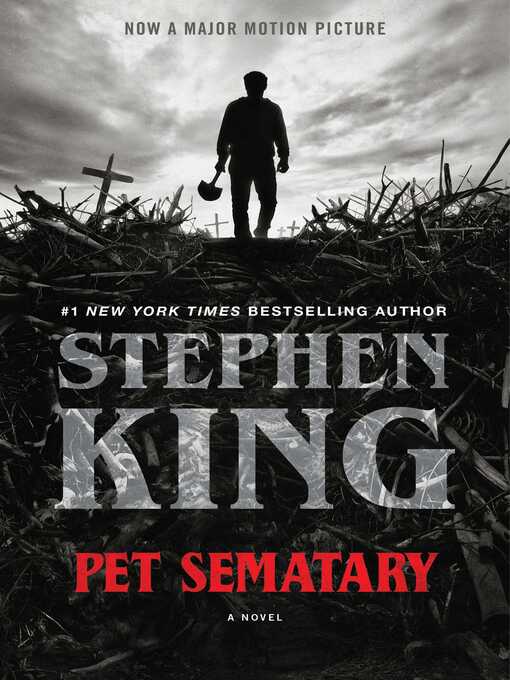
The King of horror is here (get it? hehe), and he’s got a long list of titles competing for this spot. But unlike his other works that are rich with humanity in characterisation and deal with narrators that make us question the world around us, Pet Sematary manages to be his most terrifying novel by dint of its simple, devastating concept: a magical cemetery where buried things come back to a sort-of life—but aren’t quite what they once were. See how King turns one of the most precious things in the world (our pets) into a living, breathing nightmare.
But these are just some of our top picks. Here’s a list of more titles old and new, pop and classics to satisfy your horror needs this trick-or-treat season.
- Dracula by Bram Stoker
- We Need to Talk about Kevin by Lionel Shriver
- Night Film by Marisha Pessl
- Ring by Koji Suzuki
- Blindness by José Saramago
- The Shining by Stephen King
- The Only Good Indians by Stepehn Graham Jones
- Little Darlings by Melanie Golding
- Boo by Shinie Antony et al (Short story collection)
- The Book Eaters by Sunyi Dean
Some Spooky Streaming Stuff
To get into the spirit, we have picked out some horror/Halloween movies that are free for all McGill students through available streaming services. Cosy up, take some time for yourself this Halloween (or better yet, have a horror movie marathon with your closest buds), and SCREAM with these picks.
To refresh how to use these services click here to read our McGill Films 101 blog post.
Find the favourites in the bibliography here (with much more being added than what is featured): https://mcgill.on.worldcat.org:443/list/18173632
Criterion on Demand
A single click on your VPN and you have access to so many wonderful horror films.
Our favourites on Criterion:
- Scoob (Tony Cervone)
- Midsommar (Ari Aster)
- Ready or Not (Matt Bettinelli-Olpin & Tyler Gillett)
- The Conjuring (James Wan)
Kanopy
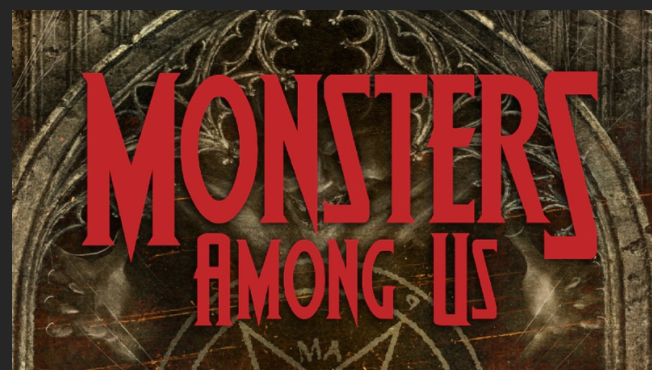
The Monsters Among Us Series is a look into the history of creatures in pop culture and how they came to be!
Some highlighted movies are down below and to check out the rest of the Kanopy horror section, click here: https://mcgill.kanopy.com/category/29299
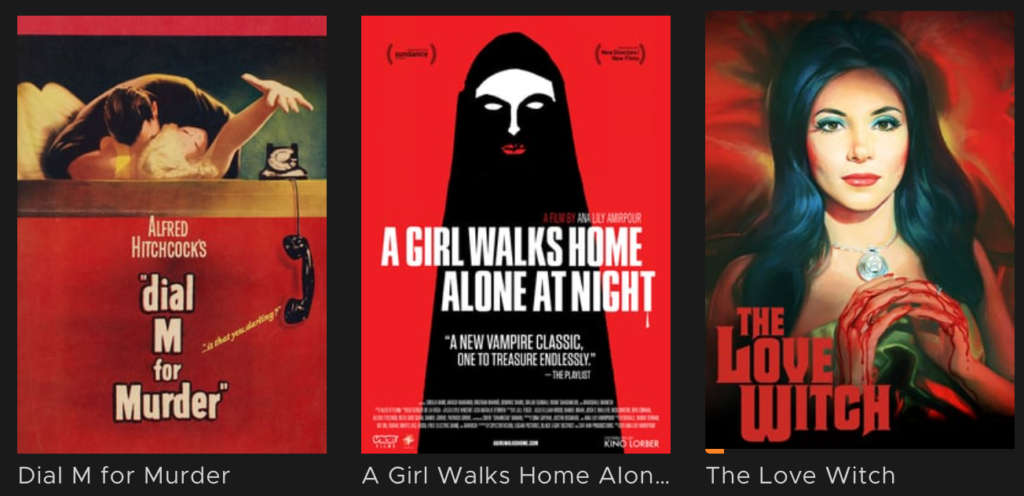
- Dial M for Murder (Alfred Hitchcocks)
- The Love Witch (Anna Biller)
- A Girl Walks Home Alone at Night (Kino Lorber)
These are just a few picks to get you in the spirit if you’re looking for spooky Halloween movies using McGill Library Resources. Tag @mcgilllib on Instagram with the #spookystreaming to be featured on this blog post. We’d love to see what the HSSL community is watching this week.
If you have any questions email us at hssl.library@mcgill.ca!
This post has been co-authored by Vanja Lugonjic

